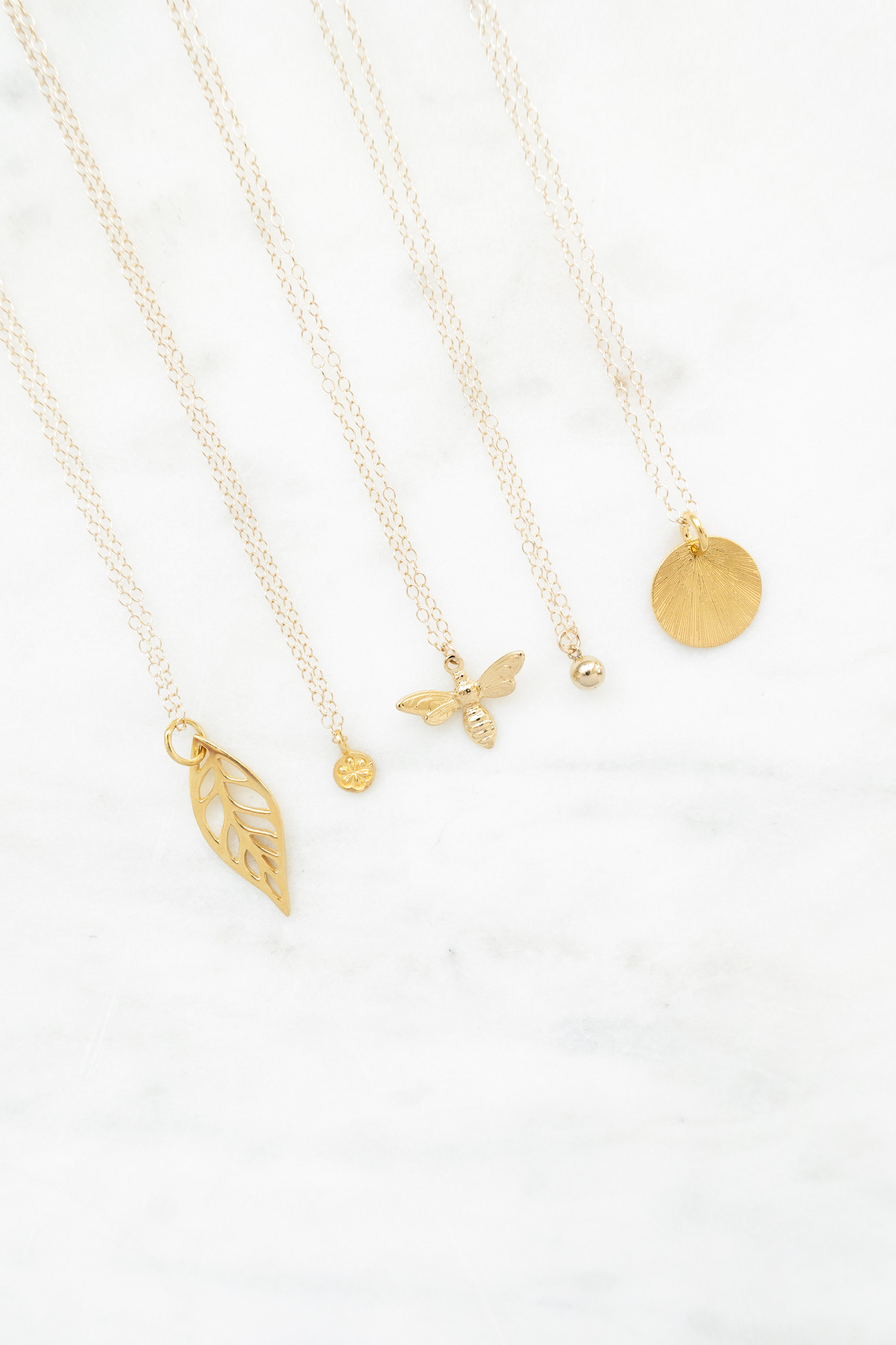
I'm writing a series of articles for my jewellery shop's Style Journal. The series is focused on sustainable jewellery and the popular terms used to market it to customers. I'm reposting these articles here so more people can understand the jewellery industry. I'm hoping it will help readers know what to look out for (and what to avoid) when shopping for new pieces.
As consumers focus on making more sustainable choices, brands are marketing their products to make them appear as though they're an eco-friendly choice. The jewellery industry is no different. Popular terms like recycled gold, vegan jewellery, and conflict-free diamonds are being used by ethical jewellery brands. These phrases sound great to eco-conscious consumers but they aren't always what they seem.
I use gold-fill over sterling silver for my gold jewellery collection. It's a choice that makes affordable jewellery available to more people without compromising on the quality. Gold-fill over sterling silver not only looks and feels like solid gold, it can be recycled and reused too. All the suppliers I use are producers of recycled gold, which sounds great but isn't as important as it seems. Read on to find out why.

What is 'Recycled Gold'?
'Recycled gold' is a super popular term used by brands to market their jewellery as an eco-friendly option. But any jeweller can say they use recycled gold because gold is, and always has been, recycled. Recycling is a huge part of the jewellery supply chain because gold is just too valuable to waste or throw away.
The focus on recycled metals is popular with small makers in particular, who want to stand out as a better, more sustainable alternative to the bigger jewellery brands. The term 'recycled gold' is greenwashing unless the jeweller or brands is focusing on other areas of their business to improve sustainability; such as fair wages, worker rights, waste management, plastic reduction, etc.
The term 'recycled gold' implies it's a better option for jewellery because it prevents gold from being mined, which is a destructive and intensive process. Unfortunately, it's not quite as straight forward. Global demand for gold doesn't decrease when we choose recycled gold, it just changes the industry mining it. When we take gold out of the supply chain to make jewellery - whether that's new or recycled - other industries that use gold, like banks and electronics, have to mine more. The only way to reduce mining for gold is to not use it for jewellery at all.

What's the best sustainable jewellery?
So if all gold is recycled, and using recycled gold for jewellery doesn't decrease the demand - what's a better alternative?
As always, the most sustainable option is to wear the jewellery you already have and buy second-hand if possible. Although thrifting jewellery for modern tastes is tough! Some brands, like my own, sell zero waste jewellery to minimise waste.
When you do buy new pieces, buy them from sustainable jewellery brands who use Fairtrade metal suppliers of Fairmined gold. This helps ensure ethical sourcing from small-scale miners. These certifications are quite costly, especially for small businesses. So if an independent jeweller doesn't have them, their suppliers should.
As with sustainable clothing brands, you want to look for jewellery brands who provide a detailed ethics and sustainability policy. They should have information on the materials and metals used, as well as being transparent about other aspects of the business. This should include sustainable practices, recycling methods, and end of life policies.

